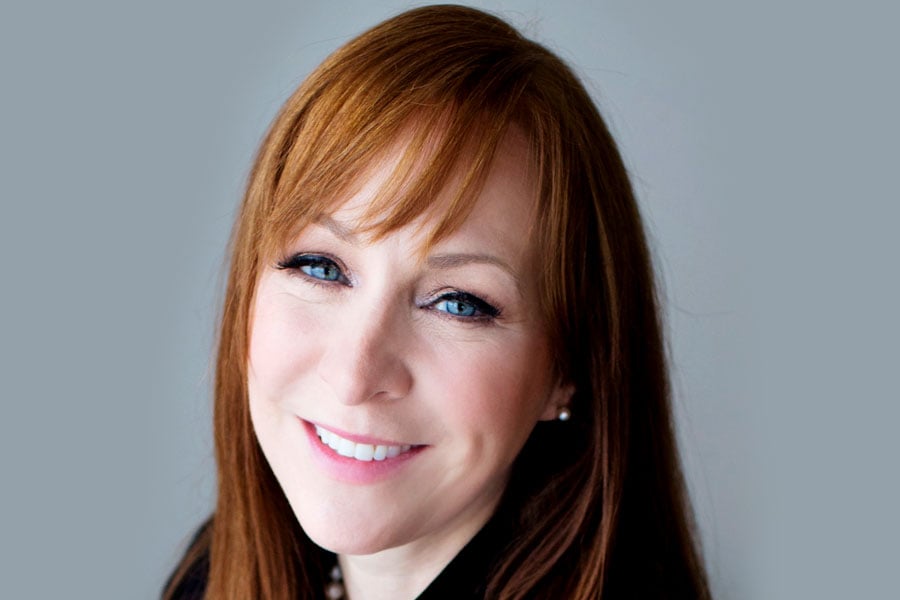

As a volunteer with Resolve of Greater Rochester, an organization determined to end violence against women, I have the opportunity to work with women from all backgrounds in my community. It's a continual reminder that for all of us to succeed as advisers, we must see beyond our own experiences and acknowledge other perspectives.
With all of our clients, we must begin with empathy and understanding.
When we emphasize understanding clients and their relationships with money, we can discover underlying values and motivations for clients’ goals. This emotional intelligence equips us to translate what's most important to our clients – and why – into the ability to coach our clients throughout their lives to achieve their goals.
Yet, we may not be fully reaching a pretty large demographic group: women.
In Edward Jones' latest Female Financial Empowerment survey, we found that while seven out of 10 women say they feel confident in their financial knowledge, 66% have never consulted a financial adviser. Given my commitment to women’s rights, dignity and security, this gap concerns me.
It’s a frustrating statistic for any financial adviser, but it’s important to understand why nearly 70% of those women surveyed aren’t seeking advice.
Our research shows that women tend to prioritize immediate family needs and put saving for the future, including retirement, on the back burner. In fact, only one in four women consider saving for retirement as their most important goal in the next three to five years.
This research is a stark reminder that we need to understand the challenges our clients and prospective clients face if we’re going to change the engagement level and, in the end, the results. Our profession is a noble one. Every day, we’re called upon to listen to what's most important to our clients and help them achieve that vision through individualized strategies we create for their financial futures.
Similarly, as a mentor with Resolve of Greater Rochester, I provide financial education that helps women feel empowered to make important decisions about their future.
I once worked with a woman who was making $50,000 annually but had concerns about her ability to afford an apartment. Fear -- and a web of other complex factors -- were keeping her in an unsafe situation. I knew having a financial strategy could help her feel more secure and in control of her financial future. After we walked through her budget and the local cost of living, she chose a new home and path forward for her family.
My volunteer work helps me better understand the unique and challenging experiences of women affected by violence – and it makes me a more empathetic financial adviser and leader. In particular, it has refreshed the way I work with my female clients and made me even more passionate about doing more to empower women.
Empowerment starts with education, which is why I conduct a “Foundations of Investing” seminar for women at my local community center. This complimentary resource, provided by Edward Jones, helps build one's investor IQ by teaching the basics of developing a strategy, the impact of asset allocation and the influence inflation can have on long-term goals. It’s my hope that by empowering others through financial education, we’re supporting what is important to them as they work to fulfill their ambitions, needs and service to the community.
From working with women in challenging circumstances to meeting clients who’ve never sought advice, our empathy is the common factor. We must be able to see beyond our personal experiences and take a human-centered approach to successfully serve our clients and communities.
Courtney Laffler is a financial adviser with Edward Jones in Fairport, N.Y.

Former Northwestern Mutual advisors join firm for independence.

Executives from LPL Financial, Cresset Partners hired for key roles.

Geopolitical tension has been managed well by the markets.

December cut is still a possiblity.

Canada, China among nations to react to president-elect's comments.
Streamline your outreach with Aidentified's AI-driven solutions
This season’s market volatility: Positioning for rate relief, income growth and the AI rebound
